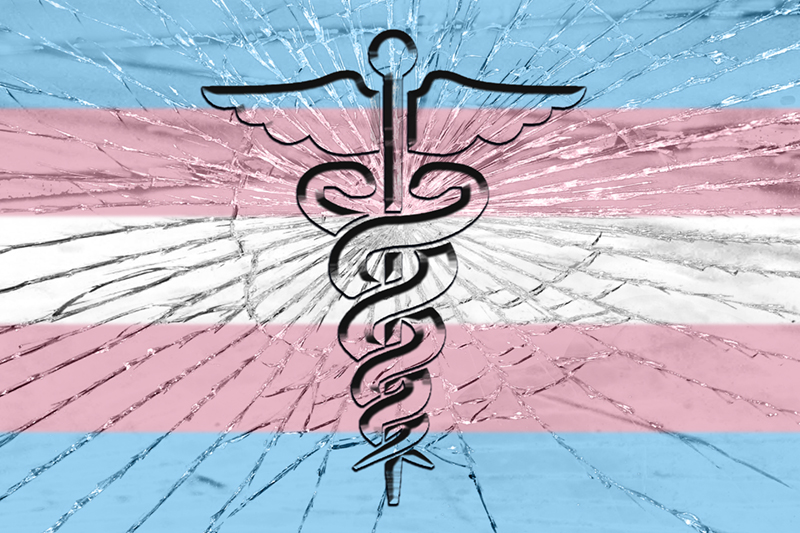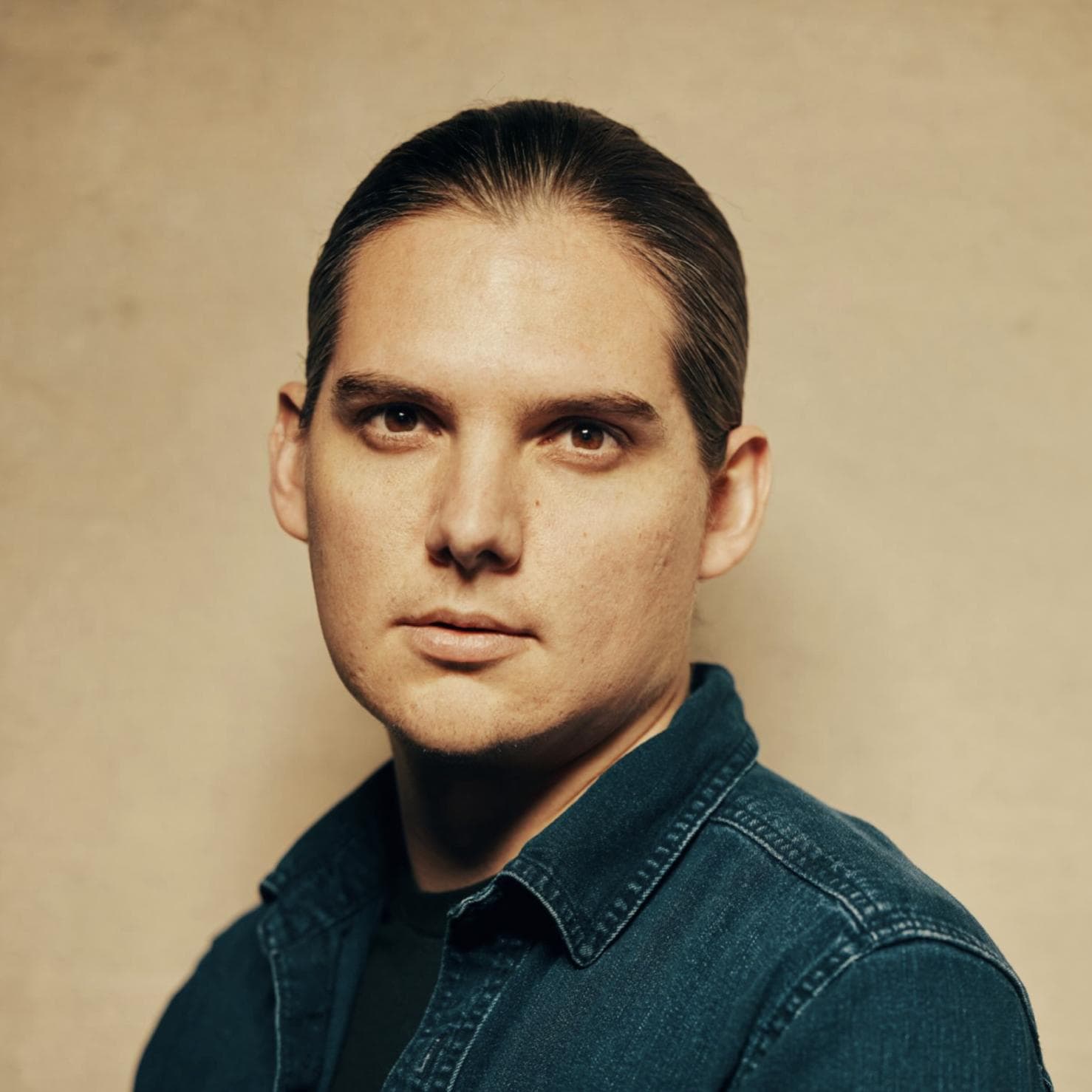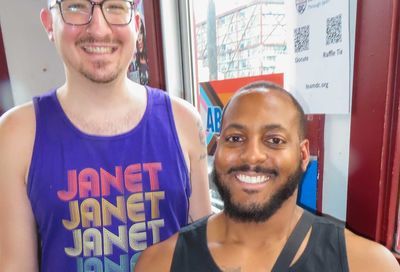Hillary or Bernie? LGBT voters are torn
LGBT Democrats are divided over a presidential candidate, but many consider Clinton the strongest general election contender

When it comes to presidential politics, Kelsey Phipps is torn.
“I have, for the first time in my adult and political life, come to understand what it feels like to not want to vote,” the 36-year-old Washington attorney says of the Democratic primary. “Because you feel like you know the person you want to vote for is not going to win — and that would be Bernie — and I don’t want President Trump, but Hillary isn’t the progressive I would want.”
Phipps is drawn to the political positions espoused by Bernie Sanders. She feels that both current President Barack Obama and former Secretary of State Hillary Clinton have not been sufficiently progressive throughout their careers. But despite identifying more with Sanders on policy, Phipps is plagued by questions of whether the Vermont senator and self-described “Democratic socialist” can actually win a general election in a country where the term socialist still invokes memories of the Cold War.
[polldaddy poll=9290209]
“I feel stuck. I have been a Bernie supporter from the very beginning, except I know he won’t win,” she says. “And there’s too much at stake to not win. Four SCOTUS seats, the entire Supreme Court for the rest of my adult life, is in the balance. We have to win. And the candidate who can win on our side is Hillary.”
That said, Phipps says that when she was working as a Hill staffer, Clinton impressed her with her hard work and depth of knowledge on various issues, including LGBT issues.
“There’s no candidate in this race who can match Hillary on LGBT issues,” says Phipps.
Phipps’ dilemma of choosing whom to support in the primary is a snapshot of an ongoing debate within Democratic politics, particularly among LGBT circles. Support for Sanders, who was once considered a long shot to defeat frontrunner Clinton, has followed an upward trajectory. He is increasing his share of Democratic voters in national polls — although he still trails her by more than 20 points — and is either ahead or statistically tied with her in the crucial early voting states of Iowa and New Hampshire.
As a result of Sanders’ emergence as a legitimate challenger, supporters of the two candidates — and, to a lesser extent, those of Gov. Martin O’Malley — often find themselves waged in wars of words, arguing over their preferred candidates’ positions on various issues. Or, in some cases, who has held the true “progressive” position longer.
That’s why supporters of Sanders, in particular, were furious when the Human Rights Campaign officially endorsed Clinton’s candidacy for the Oval Office. Almost immediately, Sanders’ supporters began attacking the organization for what they felt was a snub of their anointed candidate. They launched an petition on Change.org, gathering the signatures of almost 10,000 people, calling upon HRC to revoke the endorsement. Video clips of Hillary Clinton, during her tenure as senator from New York, speaking of marriage as being an institution between a man and a woman, went viral and were shared on social media. Outraged progressives flooded HRC’s Facebook page with comments arguing that Sanders’ record on LGBT rights is superior to Clinton’s, citing his vote against the Defense of Marriage Act, his opposition to the military’s “Don’t Ask, Don’t Tell” policy, and even his marching in a Gay Pride parade in Vermont well before it was politically acceptable to do so.

One of those people is Caleb Laieski, a 21-year-old LGBT advocate who lives in Alexandria. HRC’s endorsement of Clinton is both “suspicious” and “ridiculous,” Laieski says. “The funny part of this story is Sen. Sanders has received a perfect score from the Human Rights Campaign, but they just nominated Hillary Clinton, who was against gay marriage until 2013.”
Sanders supporter Travis Reyes, a 37-year-old teacher from Alexandria, echoes the sentiment, saying he familiarized himself with Sanders’ record on LGBT rights by watching video clips of the senator. While Reyes says it’s HRC’s right to endorse whomever they choose, he believes Sanders would have been the better choice.
“He hasn’t ‘evolved’ like Hillary,” Reyes says. “He’s been continuously supportive of our community.”
In endorsing Clinton, HRC cited the importance of maintaining the progress on LGBT rights made by the Obama administration, particularly with respect to marriage equality. But the organization’s president, Chad Griffin, also emphasized the importance of pushing for comprehensive nondiscrimination legislation, fighting against anti-transgender violence, against LGBT youth homelessness and in favor of greater HIV/AIDS prevention measures — all issues that Clinton has emphasized along the campaign trail, and, most notably, in a speech before HRC supporters in Washington last October.
In response to follow-up questions about the group’s endorsement of Clinton, an HRC spokesman appeared to take a position similar to that put forth by Phipps, invoking the potential risks posed to the LGBT community if a Republican were to win the presidency.
“Everything we’ve gained and everything we are still fighting for is at risk in this election,” HRC’s Brandon Lorenz said in a statement. “Not only is every leading Republican presidential candidate fighting to revoke, repeal and overturn the progress we’ve made, they’re pledging to block our efforts to expand equality…. Hillary Clinton has not only a strong record of championing LGBT equality as a U.S. Senator, she’s done more than any other Secretary of State to advance LGBT equality around the globe. She has also put forward a more robust plan advancing LGBT equality than any other presidential candidate has ever laid out. And she is the strongest contender to beat any of the Republican candidates running on an anti-LGBT platform in November.”
Lorenz did note, however, that HRC considers Sanders a friend to both the organization and to LGBT equality, saying the organization appreciates “his consistent voting record during his congressional career.”
Lifelong Democrat Christopher Schaffer says all three of the major Democratic candidates — Clinton, Sanders and O’Malley — hold almost identical views when it comes to LGBT rights. So it wasn’t policy differences that led him to cast his early absentee primary vote for Clinton. Rather, the Annandale resident was won over by Clinton’s campaign trail promises to strengthen the Democratic Party at the state and local levels.
“We, as a community, are not going to get ENDA passed, are not going to see our rights advanced, as long as we have a GOP-controlled Congress,” explains Schaffer, who serves as chairman of the Democratic Party in the Braddock District of Fairfax County but was not speaking in an official capacity. “And she has been talking about building up the party and taking back the Congress. And the only way we’re taking back the Congress is if we start taking back the state legislatures. So she’s been talking about supporting the local parties, taking back the state legislatures so we can redraw the lines, so we can take back the House of Representatives.”
As for criticisms of Clinton’s “evolution” on the issue of marriage equality, Schaffer looks at Virginia Attorney General Mark Herring as an example of how a person can genuinely change their stance on an issue. As a state senator, Herring voted for Virginia’s constitutional ban on same-sex marriage in 2006, but in the years following, has changed his positions on marriage equality. He has been quite aggressive about advancing LGBT rights, particularly since being elected Attorney General.
“I believe people can change,” says Schaffer. “And if Mark Herring can change, and be one of our strongest supporters in Virginia, there’s no reason to doubt Hillary’s sincerity that she can be an ally for us as president.”
Support Metro Weekly’s Journalism
These are challenging times for news organizations. And yet it’s crucial we stay active and provide vital resources and information to both our local readers and the world. So won’t you please take a moment and consider supporting Metro Weekly with a membership? For as little as $5 a month, you can help ensure Metro Weekly magazine and MetroWeekly.com remain free, viable resources as we provide the best, most diverse, culturally-resonant LGBTQ coverage in both the D.C. region and around the world. Memberships come with exclusive perks and discounts, your own personal digital delivery of each week’s magazine (and an archive), access to our Member's Lounge when it launches this fall, and exclusive members-only items like Metro Weekly Membership Mugs and Tote Bags! Check out all our membership levels here and please join us today!

























You must be logged in to post a comment.